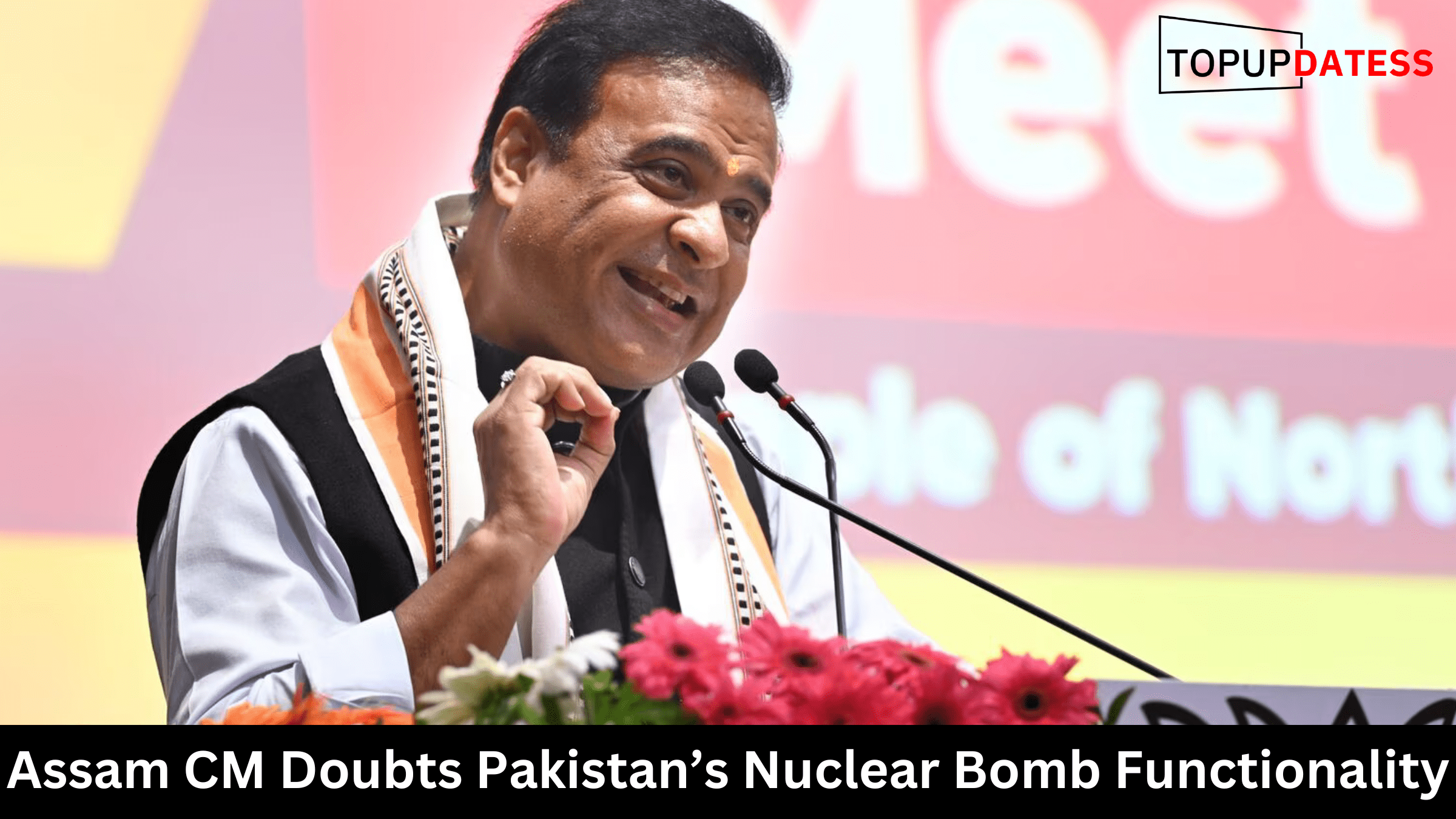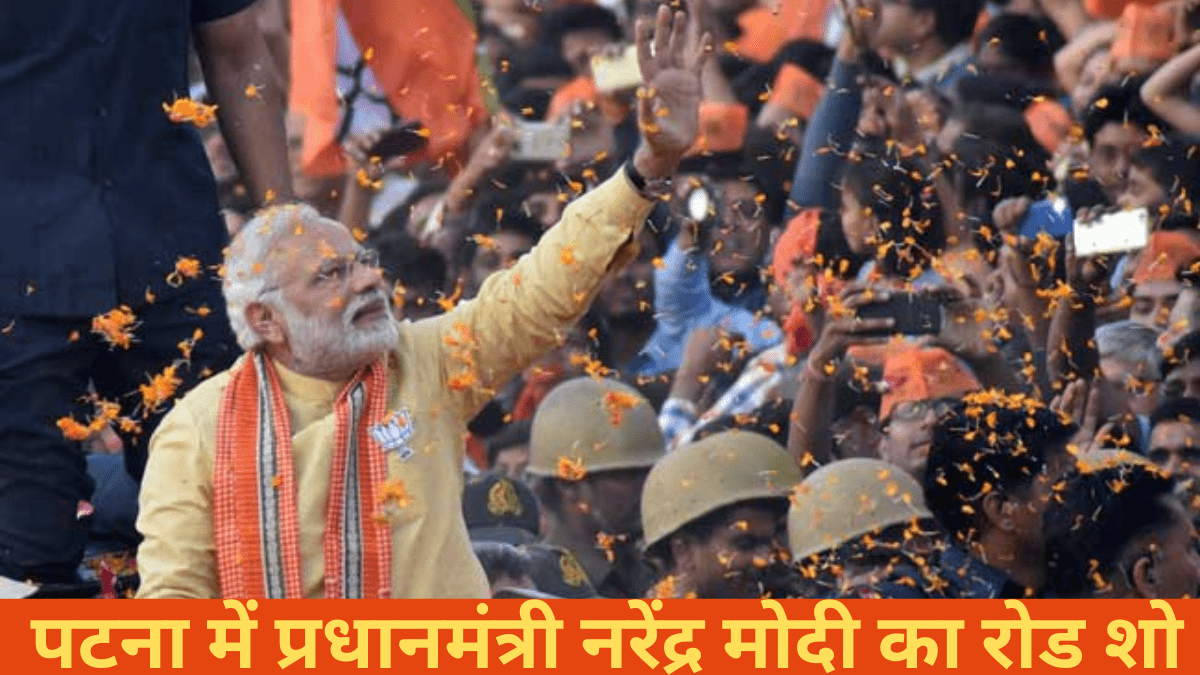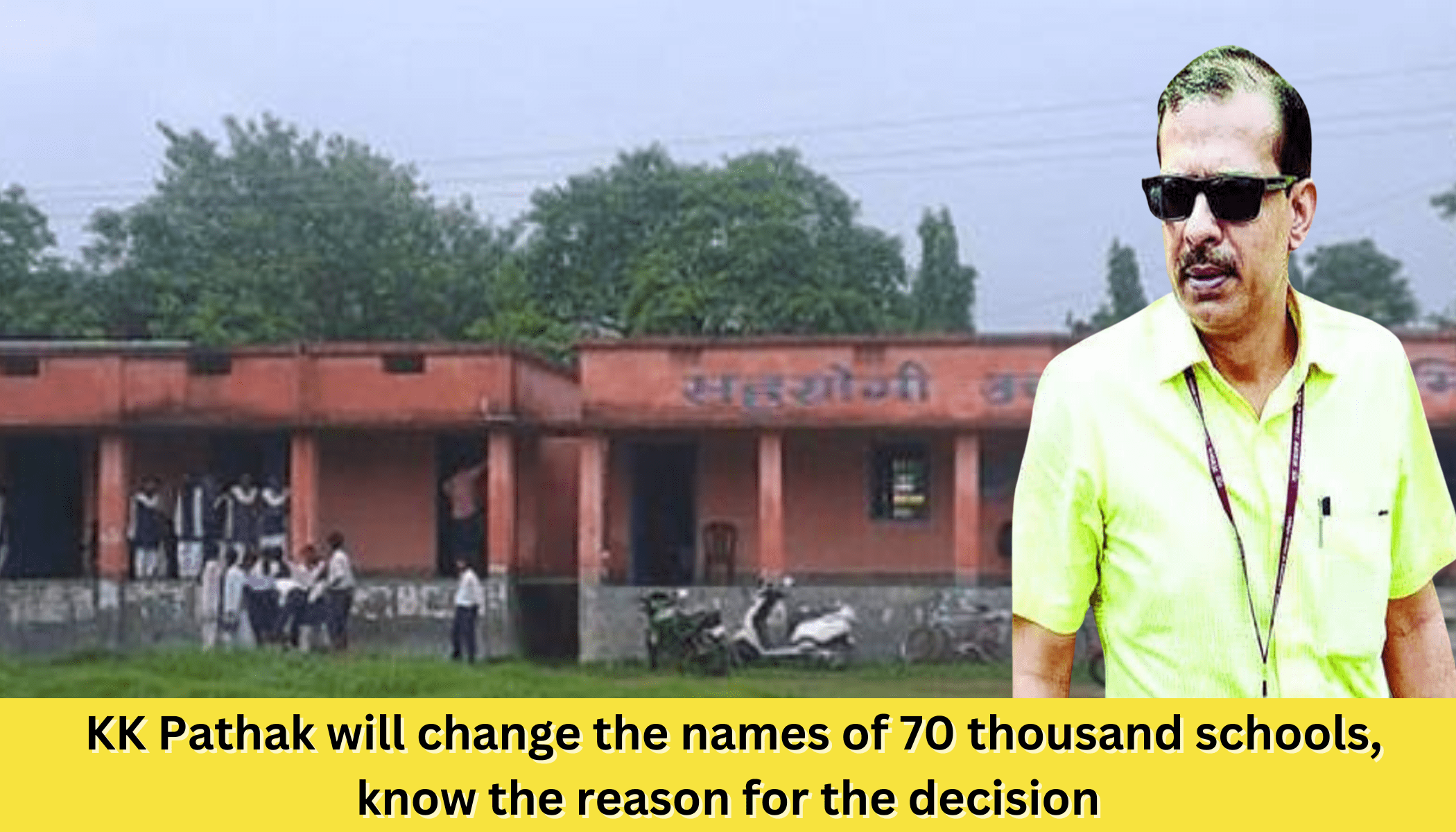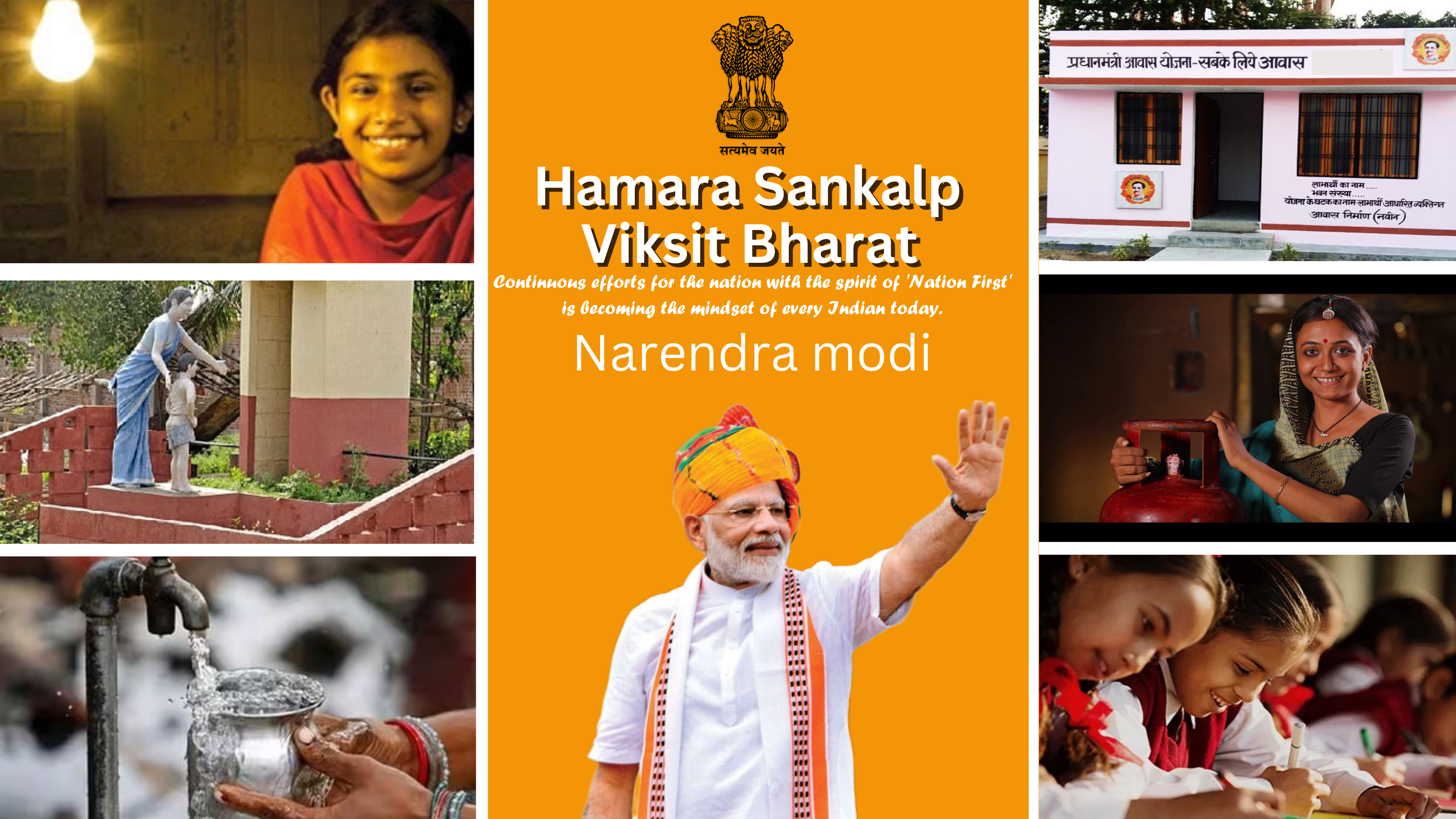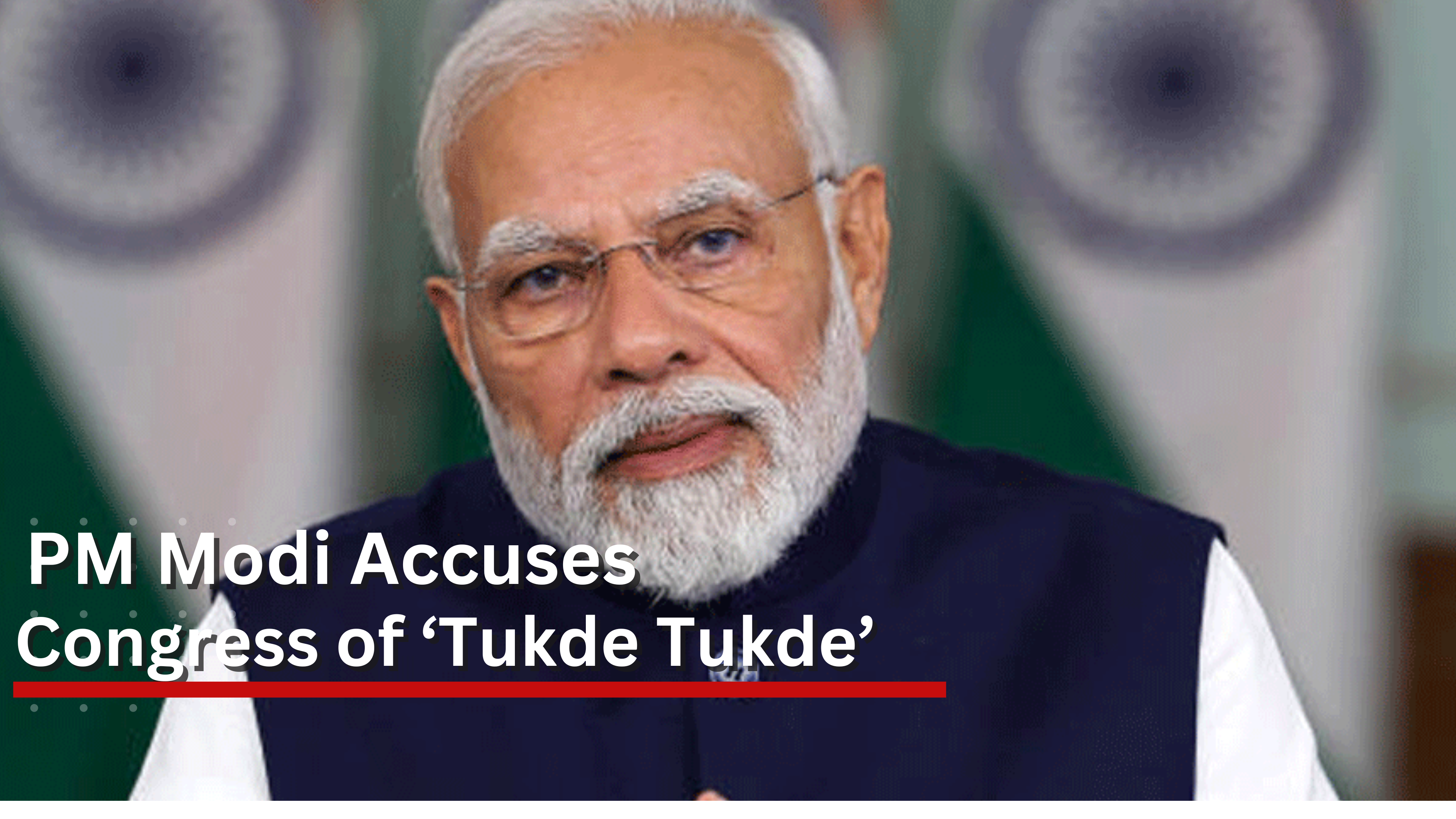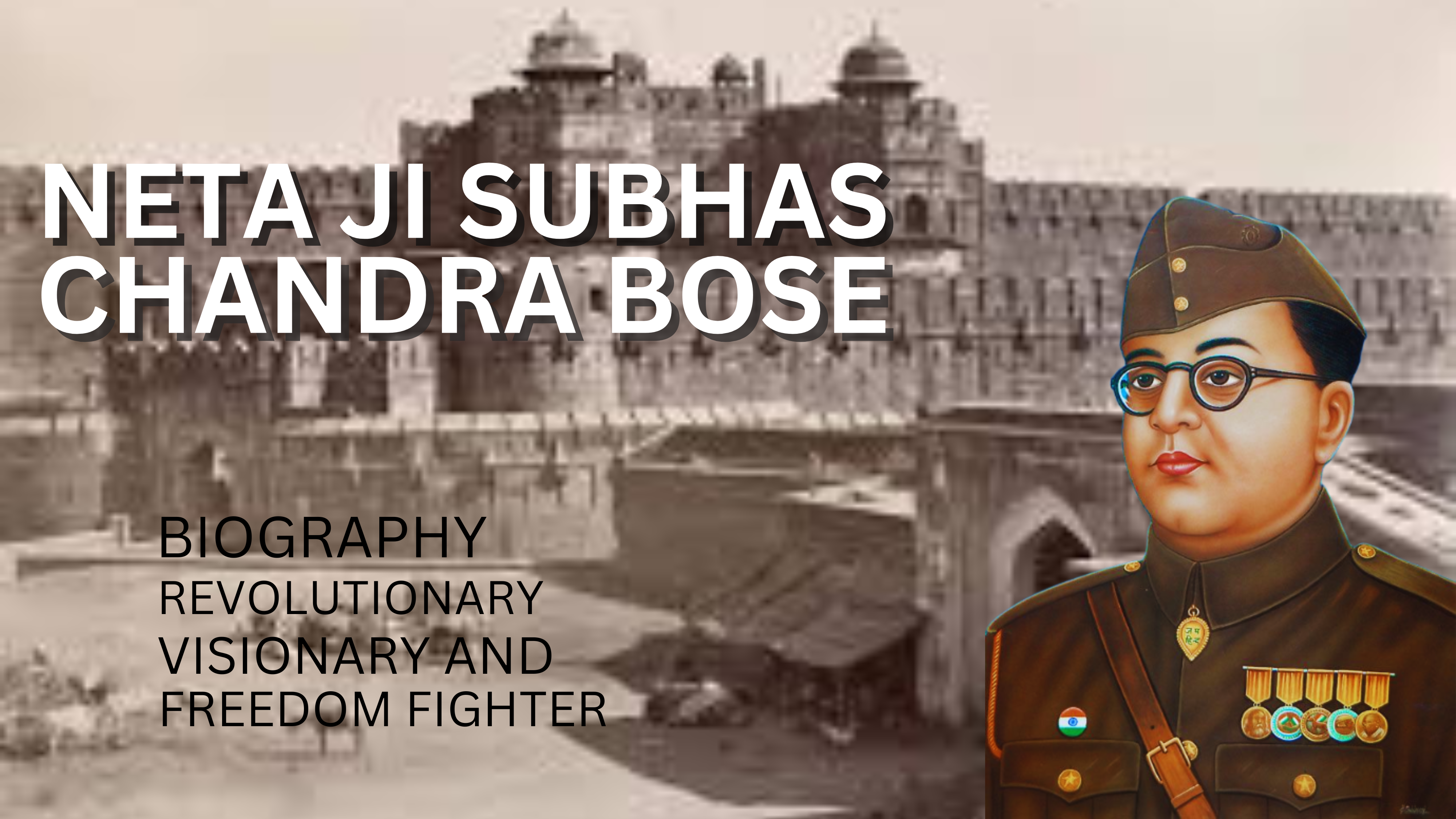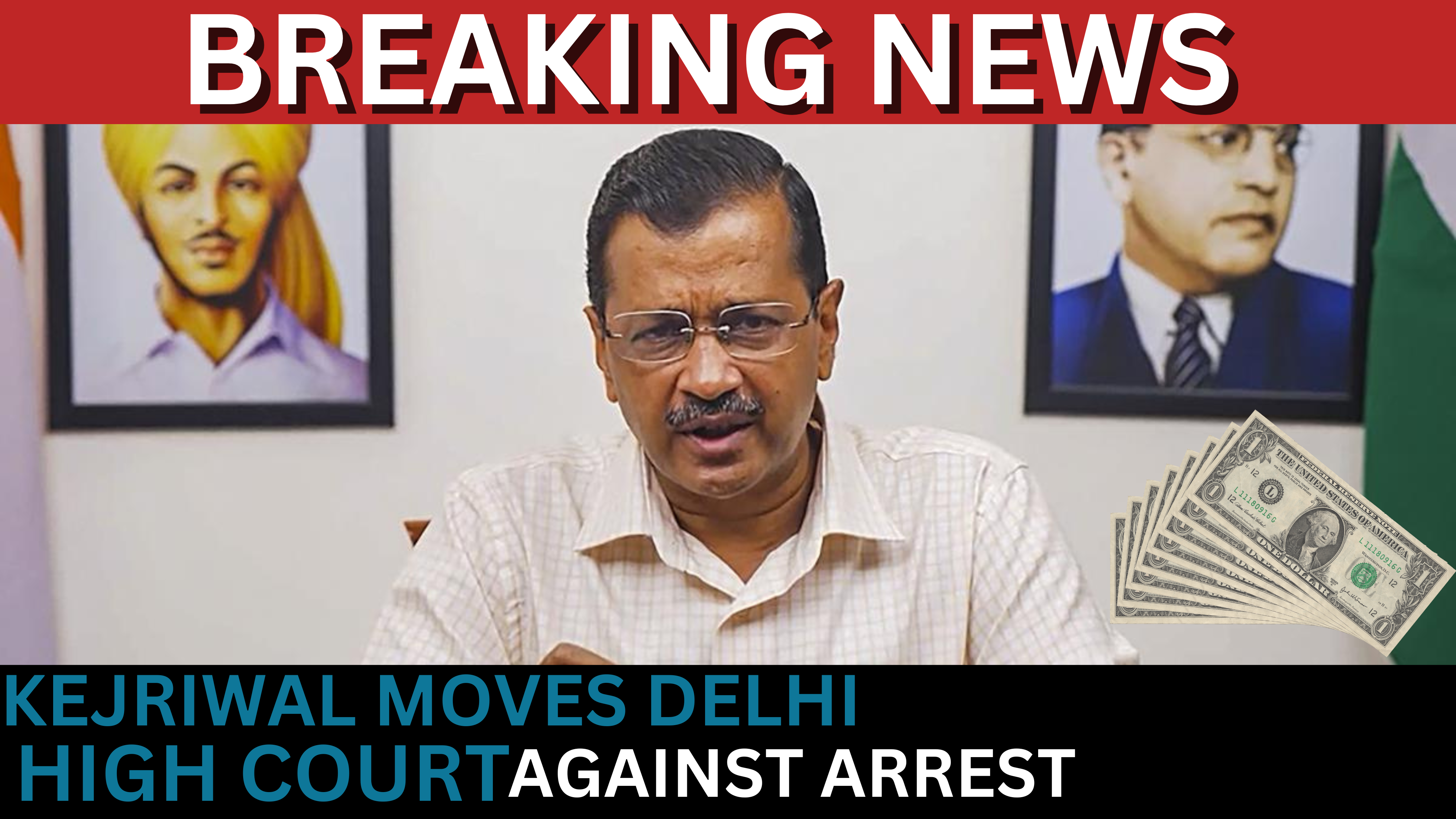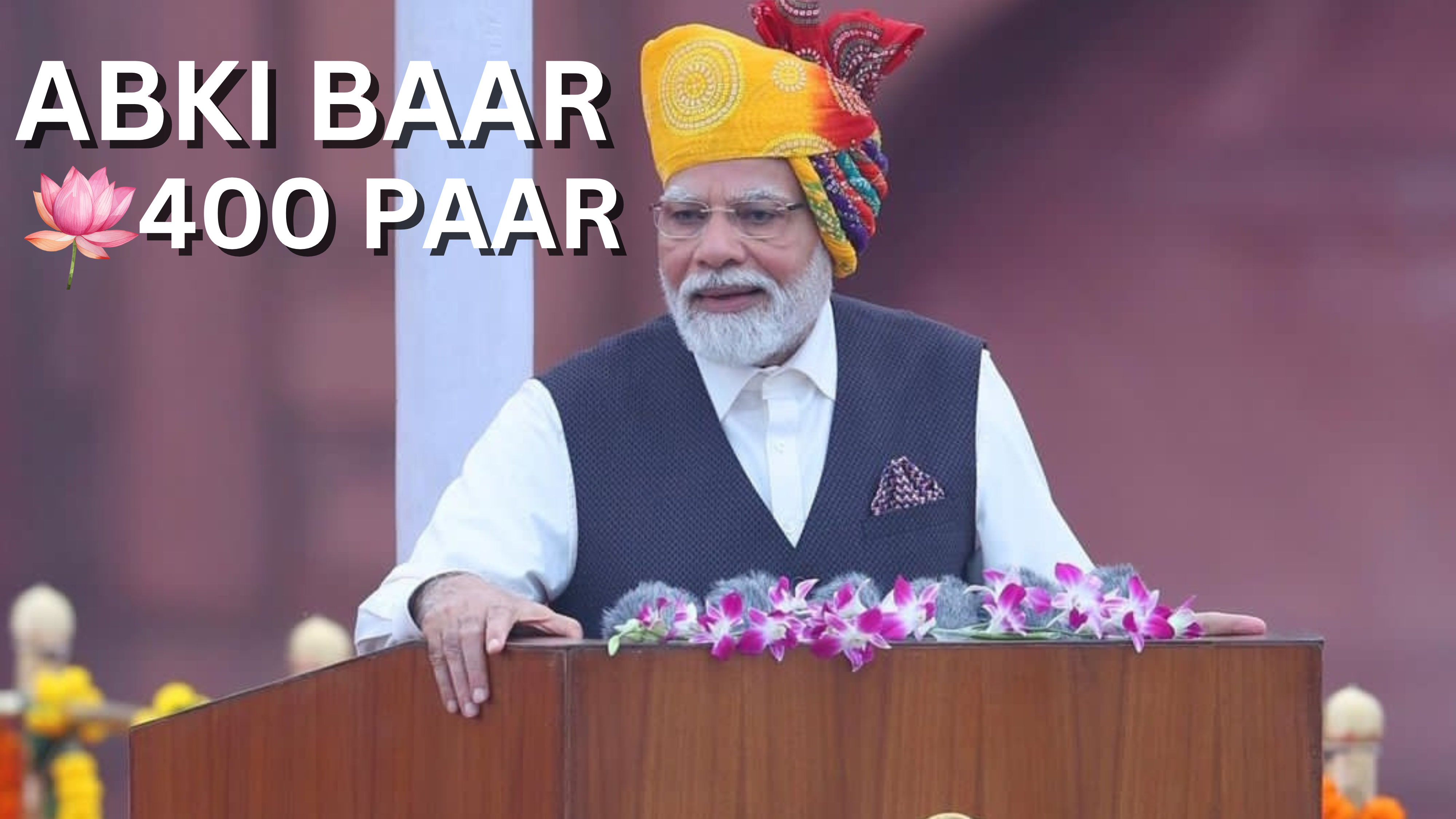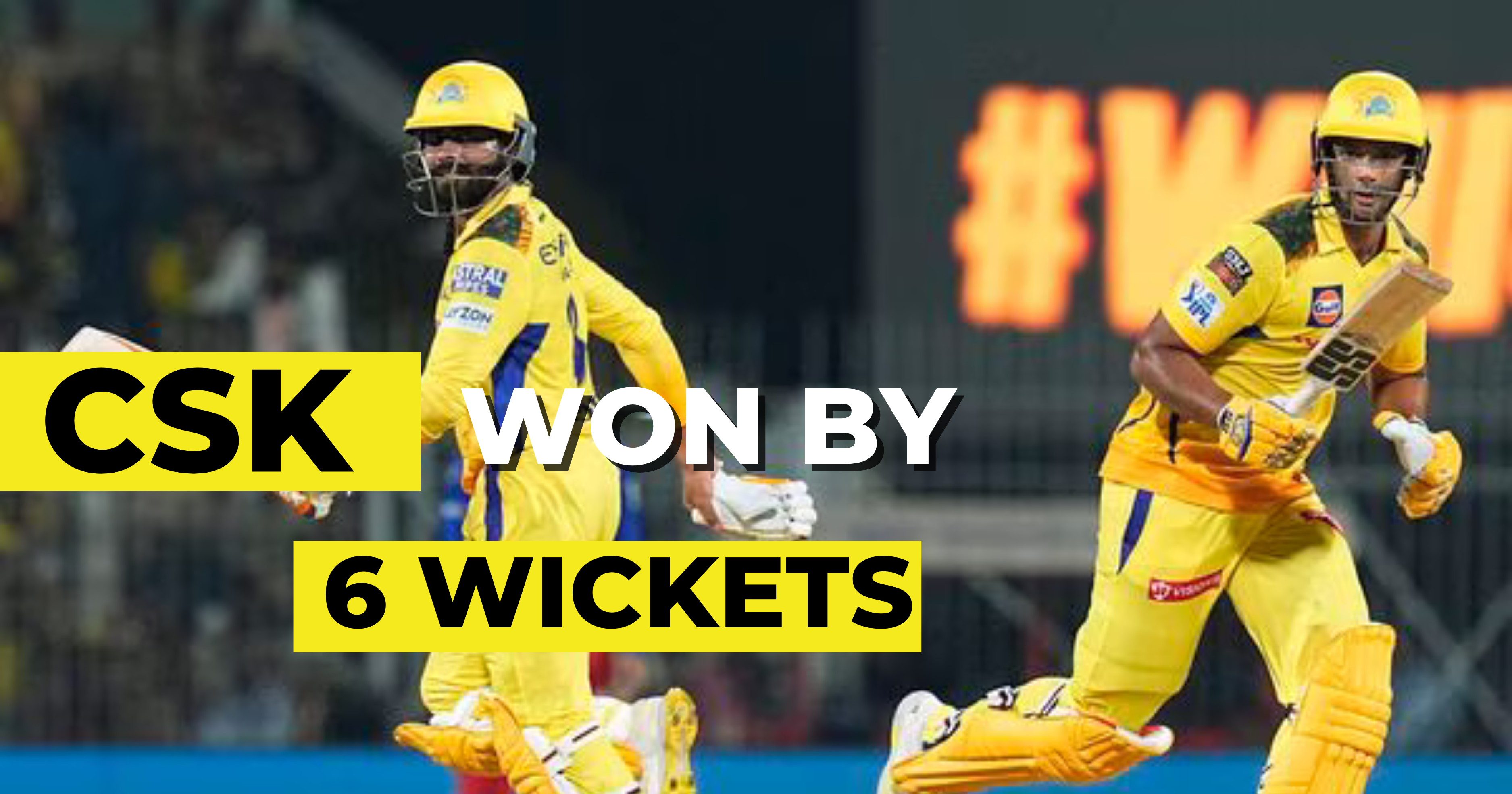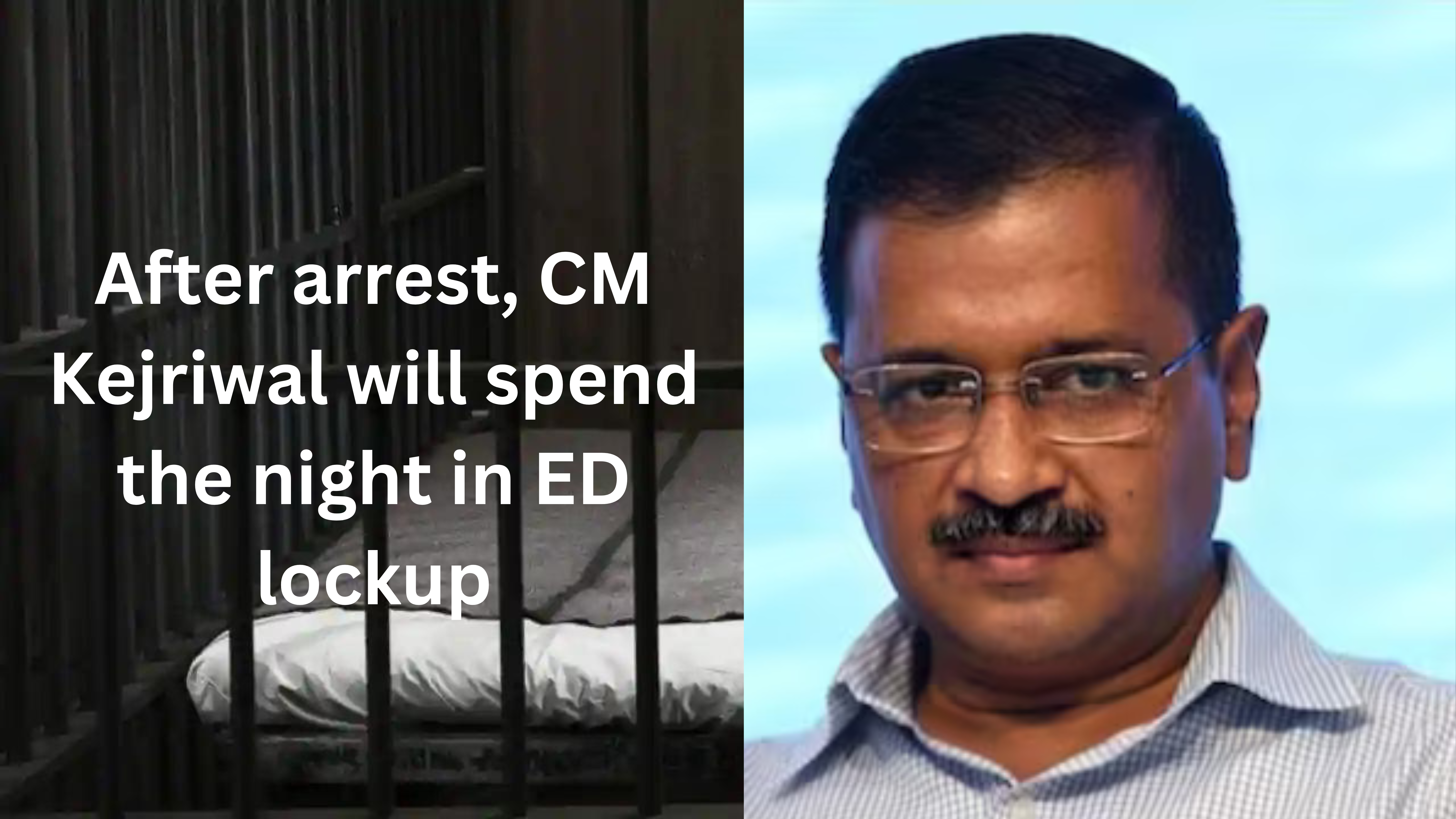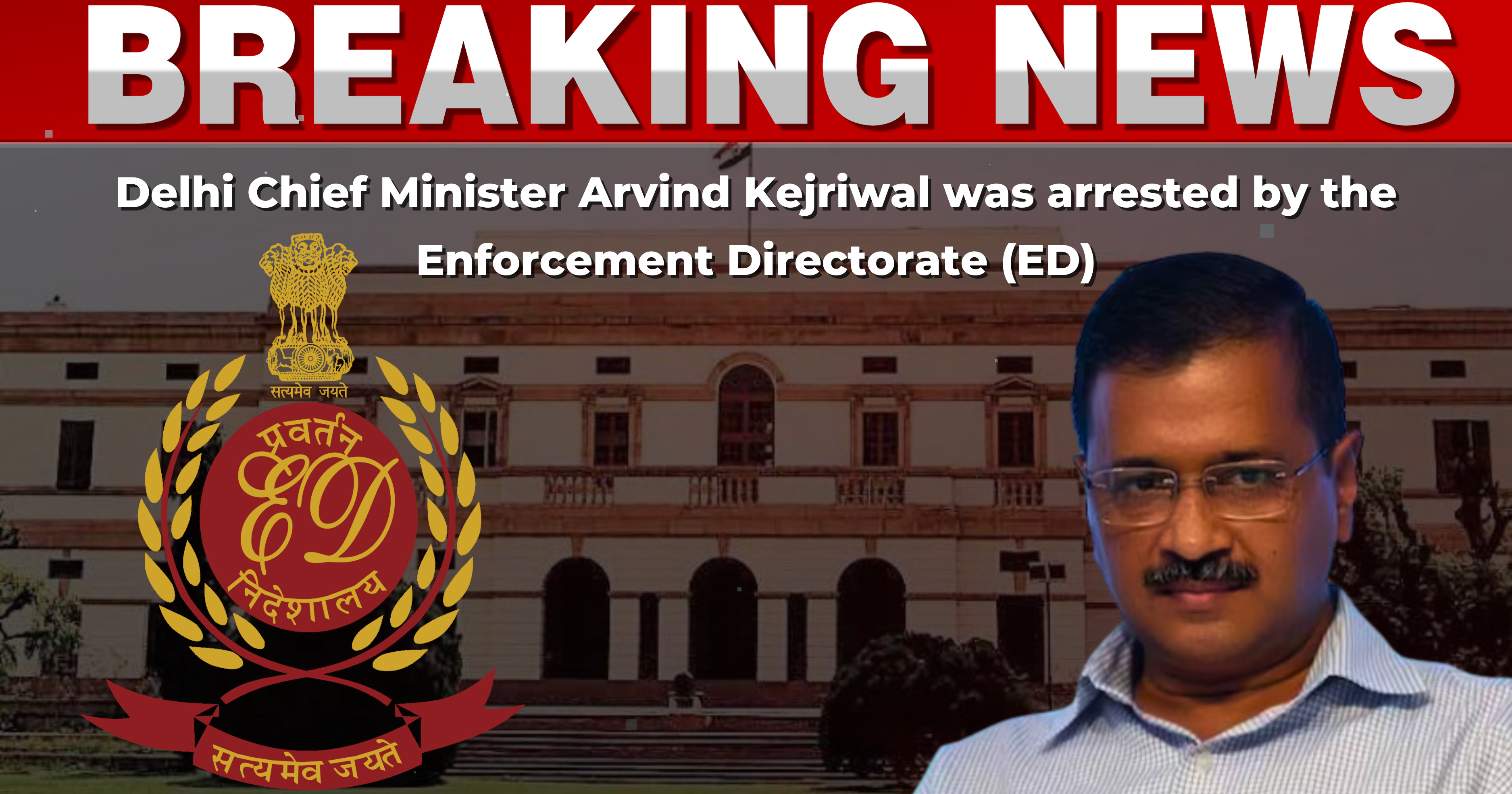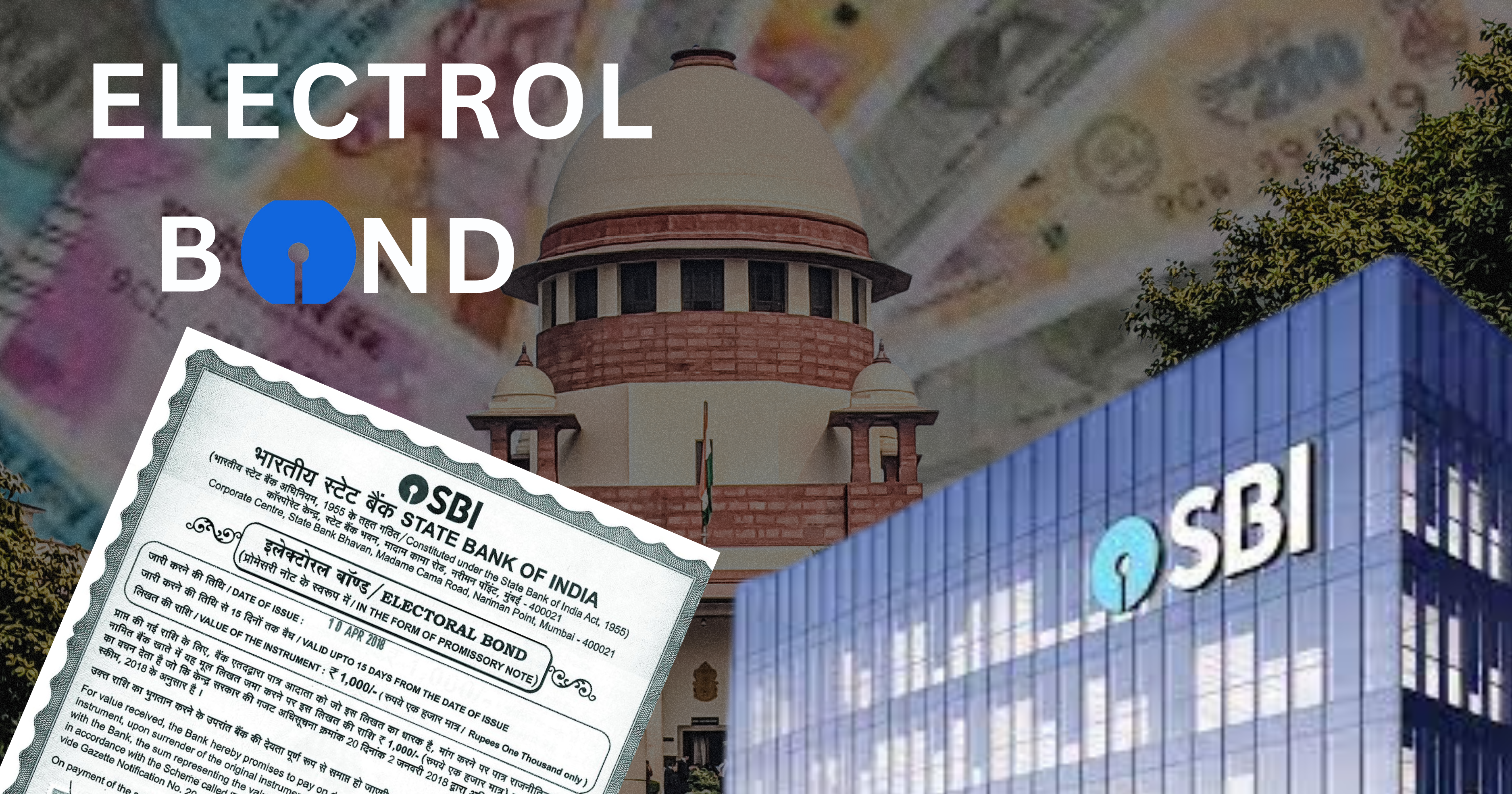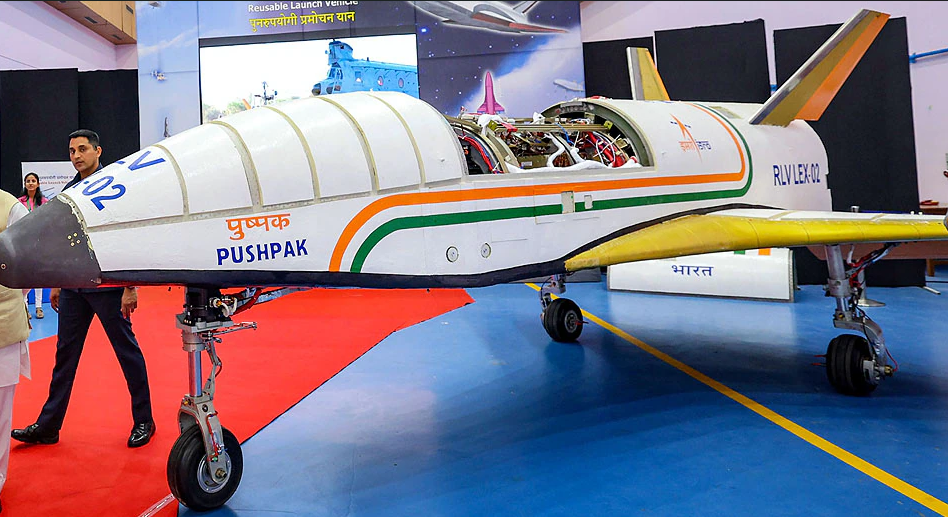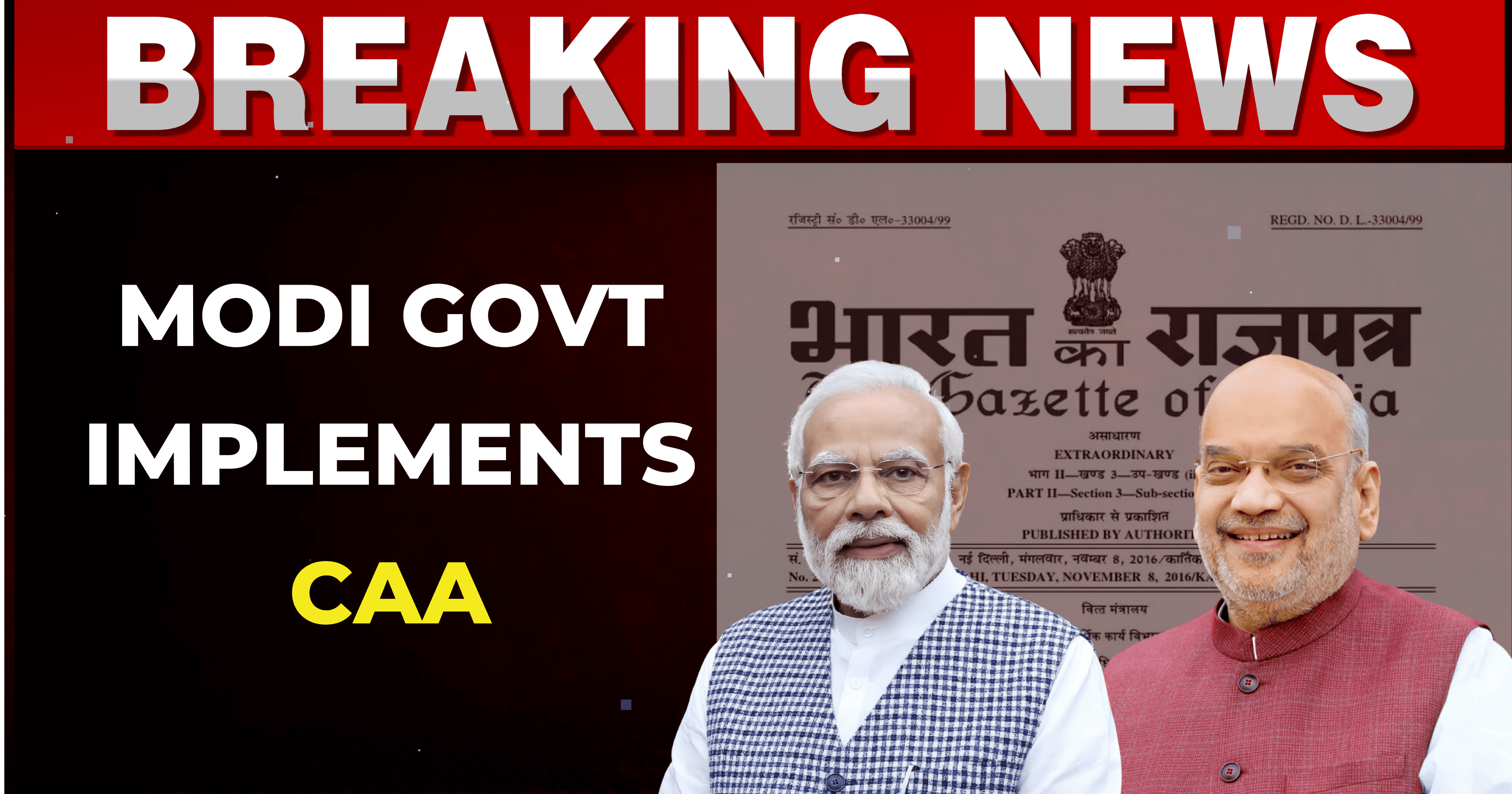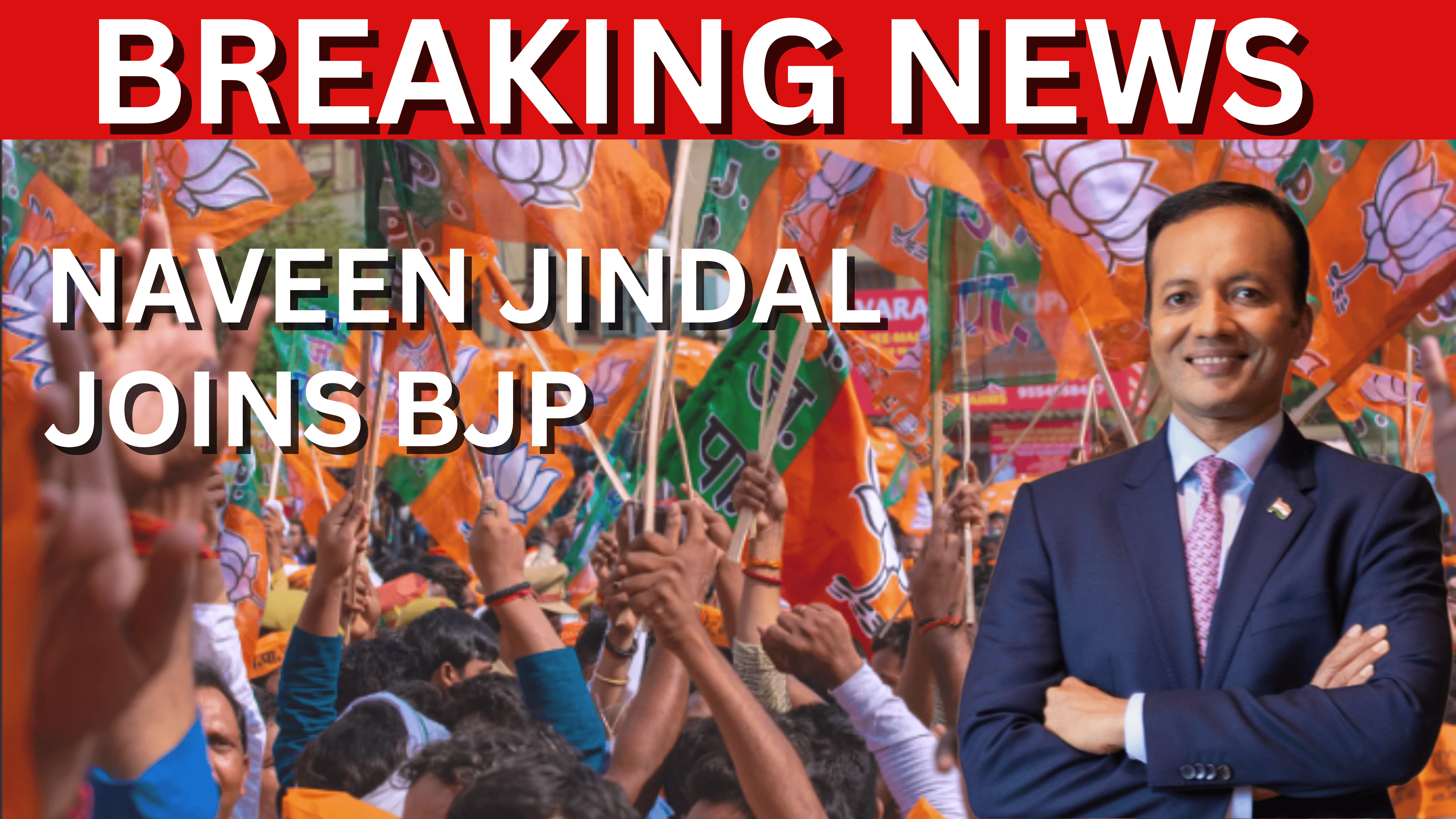
Naveen Jindal from BJP
Naveen Jindal,(BJP) an eminent industrialist and former Member of Parliament (MP), recently made headlines by switching his political allegiance from the Congress party to the Bharatiya Janata Party (BJP). This move, just ahead of the Lok Sabha elections, has sparked discussions and raised eyebrows in the political landscape.
The Transition
Naveen Jindal, the youngest son of industrialist Om Prakash Jindal, officially joined the BJP at the party headquarters in New Delhi. His decision was met with curiosity and speculation, given his long association with the Congress party. But what prompted this significant shift?
A Vision for India
In his announcement, Jindal expressed his desire to contribute to Prime Minister Narendra Modi’s vision of a “Viksit Bharat”—a developed and prosperous India. His affiliation with the BJP is seen as a strategic move to align with the government’s economic agenda and drive growth. As the Chairman of Jindal Steel and Power Limited and the Chancellor of OP Jindal Global University, Naveen Jindal brings both business acumen and leadership experience to the table.
Political Journey
Naveen Jindal’s political journey began in 2004 when he actively participated in student movements while studying in the United States. Upon returning to India, he assisted his father, OP Jindal, a renowned steel visionary and former MP and Minister for Power in the Haryana government. Representing the Kurukshetra constituency in the Lok Sabha for two terms (2004–2014), Jindal played an active role in parliamentary proceedings.
However, fate took a turn in 2014 when he lost to the BJP’s Raj Kumar Saini in the general elections. The Congress party did not field him in the 2019 elections, leading to a hiatus from active politics. Despite his political setbacks, Jindal remained engaged in various spheres, including sports. He holds national records in skeet shooting and is an accomplished polo player.
The BJP Connection
Naveen Jindal’s decision to join the BJP is significant not only due to his stature as an industrialist but also because it reflects the changing dynamics of Indian politics. As the election season heats up, his move adds intrigue to the electoral battle in Haryana’s Kurukshetra constituency.
The Decision and Its Significance
- Historical Context:
- Naveen Jindal has a longstanding association with the Congress party. His family’s legacy in business and politics is well-known.
- His move to join the BJP is significant, given the ideological differences between the two major parties.
- Acknowledging Manmohan Singh:
- In his announcement, Jindal expressed gratitude to former Prime Minister Manmohan Singh. This acknowledgment highlights the respect he holds for Singh’s leadership.
- However, it also raises questions about the reasons behind his departure from the Congress fold.
- Alignment with BJP’s Vision:
- Jindal’s decision suggests that he resonates with the BJP’s vision for India’s development.
- As an industrialist, he likely sees opportunities in the BJP’s economic policies and growth-oriented agenda.
Navigating Challenges
- Party Culture Shift:
- Jindal will need to adapt to the BJP’s organizational structure, which differs from that of the Congress.
- Building relationships within the party and understanding its dynamics will be crucial.
- Public Perception:
- How will voters perceive this switch? Is it opportunism or a genuine commitment to a new political path?
- Jindal’s ability to communicate his reasons effectively will play a pivotal role.
- Balancing Interests:
- While economic policies may have drawn him to the BJP, Jindal must also align with the party’s social and cultural stances.
- Balancing business interests with ideological convictions will be challenging.
The Decision and Its Implications
Naveen Jindal’s decision to switch political allegiances has sent shockwaves through the Indian political landscape. Here are some key points to consider:
- Historical Context:
- Naveen Jindal has been associated with the Congress party for several years. His family has a rich legacy in business and politics.
- The move to join the BJP is significant, given the ideological differences between the two parties.
- The Manmohan Singh Connection:
- In his statement, Jindal expressed gratitude to former Prime Minister Manmohan Singh. This acknowledgment underscores the respect he holds for Singh’s leadership.
- It also raises questions about the reasons behind his departure from the Congress fold.
- BJP’s Vision and Economic Agenda:
- Jindal’s alignment with the BJP suggests that he resonates with the party’s vision for India’s development.
- As an industrialist, he likely sees opportunities in the BJP’s economic policies and reforms.
- Electoral Implications:
- Naveen Jindal’s move could impact the electoral dynamics in Haryana, especially in the Kurukshetra constituency.
- The BJP gains a prominent face with business acumen, while the Congress faces a setback.
Challenges Ahead
- Adapting to the BJP Culture:
- Jindal will need to navigate the BJP’s organizational structure, which differs from that of the Congress.
- Building relationships within the party and understanding its dynamics will be crucial.
- Public Perception:
- How will voters perceive this switch? Will they view it as opportunism or as a genuine commitment to a new political path?
- Jindal’s ability to communicate his reasons effectively will play a pivotal role.
- Policy Alignment:
- While economic policies may have drawn him to the BJP, Jindal must also align with the party’s social and cultural stances.
- Balancing business interests with ideological convictions will be challenging.






